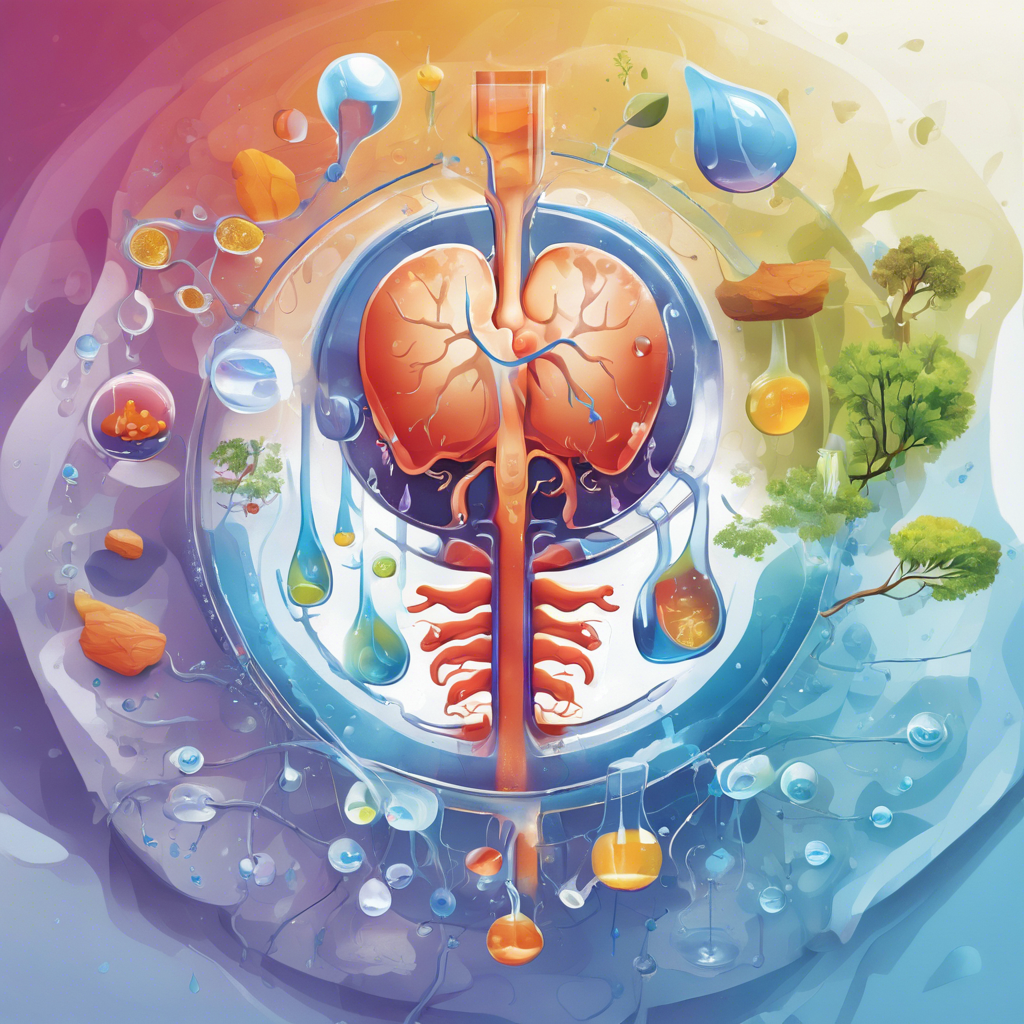Hydration plays a critical role in maintaining optimal liver function for several reasons:
1. Detoxification: The liver is responsible for filtering and detoxifying harmful substances from the blood. Adequate hydration helps ensure that the liver can effectively process and eliminate toxins through urine and bile.
2. Bile Production: The liver produces bile, which is essential for digestion and fat absorption. Proper hydration is necessary for the production and flow of bile, facilitating the digestion of fats and aiding in nutrient absorption.
3. Nutrient Transport: Water is vital for transporting nutrients and oxygen to liver cells. Adequate hydration ensures that the liver receives the necessary nutrients to support its metabolic functions and overall health.
4. Regulation of Body Temperature: The liver plays a role in thermoregulation. Hydration helps maintain body temperature by enabling the liver to function efficiently, which is essential for metabolic processes.
5. Prevention of Fat Accumulation: Dehydration can lead to an imbalance in the liver’s fat metabolism. Insufficient water intake may contribute to fat accumulation in liver cells, potentially leading to fatty liver disease.
6. Electrolyte Balance: Hydration helps maintain electrolyte balance, which can impact liver function. Electrolytes are essential for various cellular processes, including those in liver cells.
7. Overall Health and Well-being: Staying hydrated supports overall health, which indirectly benefits liver function. Dehydration can lead to fatigue, reduced energy levels, and impaired cognitive function, all of which can affect lifestyle choices that impact liver health.
In summary, proper hydration is essential for the liver to perform its vital functions efficiently. Ensuring adequate fluid intake can help support liver health and reduce the risk of liver-related issues.

The content provided in this article/blog post/press release/white paper is for informational purposes only and does not constitute medical advice. We are not medical professionals, doctors, or scientists, and our statements should not be interpreted as such.
While we strive to provide accurate and up-to-date information, we encourage readers to seek the guidance of qualified healthcare providers for any medical concerns or questions regarding treatment options.
The information provided herein is intended to support, not replace, the relationship that exists between a patient and their physician or other healthcare provider. Always consult with a licensed medical professional before making any decisions regarding your health and treatment.
By reading this content, you acknowledge that you understand and accept this disclaimer.